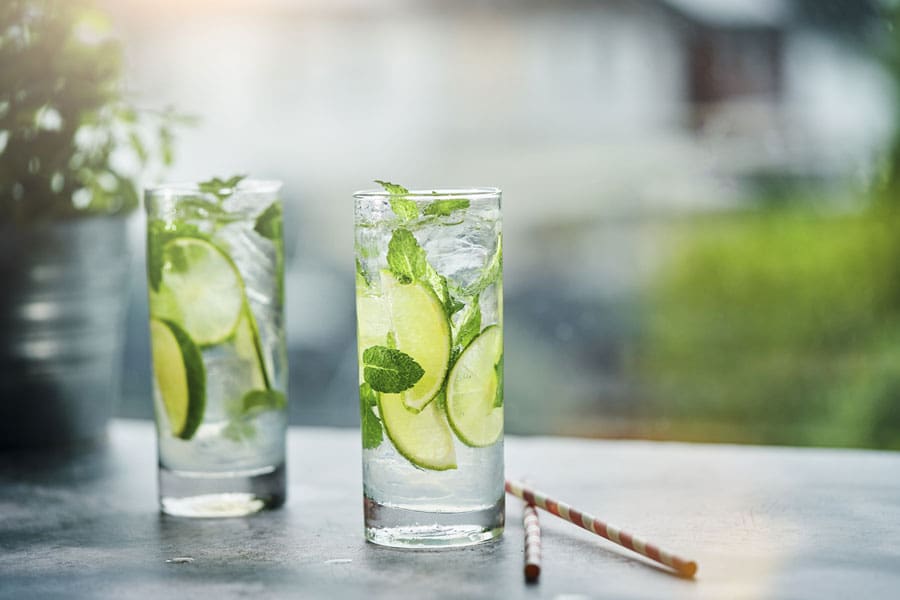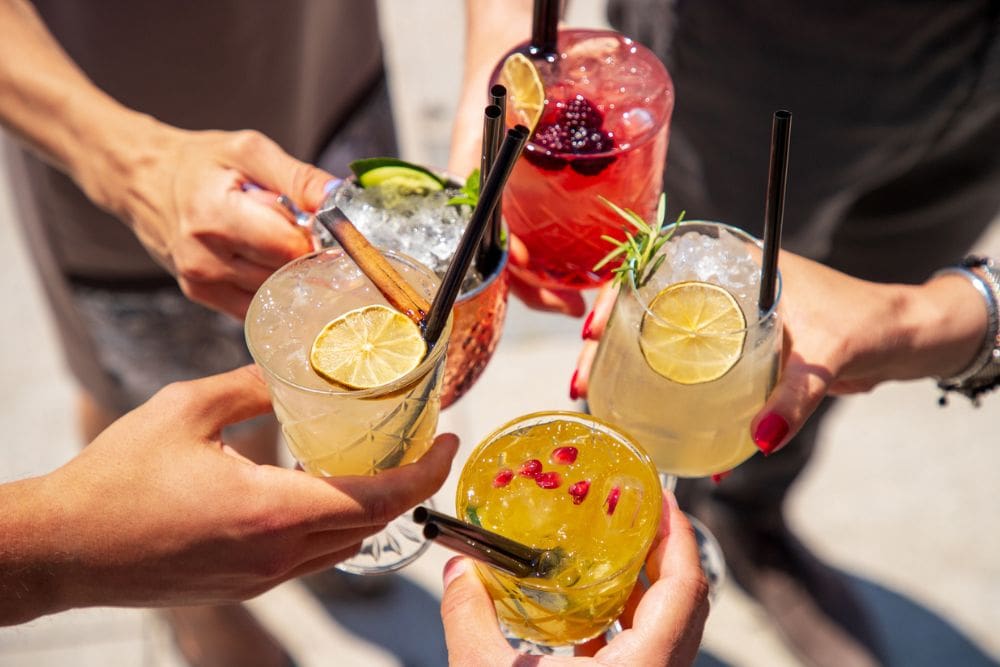At St. Gregory Recovery Center in Iowa, we’ve noticed it’s not just our clients in residential treatment for substances who want to eliminate alcohol from their lives. An alcohol-free lifestyle is becoming more common across generations in the United States for a variety of reasons, extending from health and wellness to finances and social engagement.
People aren’t stopping at Dry January; they’re curious about what their lives might look like when alcohol doesn’t play a role in general. Understanding the growing movement toward an alcohol-free life can help you make informed choices about your mental and physical health and any new ways you’d like to support someone in recovery. Keep reading to understand the growing cultural shift away from alcohol, and contact us today with any questions!
Trending Alcohol-Free Alternatives
Perhaps one reason for the popularity of alcohol-free living is the growing number of diverse, alcohol-free products popping up across different markets.
Alcohol-Free Beverages Are Making a Splash
Even celebrities like Tom Holland, who has played Peter Parker in the newer Spider-Man installations, and is a popular young British actor in his own right, have welcomed an alcohol-free life with open arms. Holland himself struggled with alcohol dependence and recently released a premium non-alcoholic beer called Bero for those looking for a satisfying alternative to a cold beer.
The alcohol-free fun doesn’t stop there. A growing market of alcohol-free wines and spirits can also provide the taste and sophistication of traditional drinks without the traditional risks of alcohol.
THC- and CBD-Infused Beverages
With more and more frequency, Americans are turning to smokeless THC- and CBD-infused drinks for relaxation. Unfortunately, these drinks can still lead to dependence, but they may explain why so many people are turning off the tap and cracking open THC drinks.
While no one knows the exact, long-term effects of cannabis-infused drinks, research shows that daily THC consumption now surpasses daily alcohol consumption in the U.S.. Marijuana’s growing state-level legalization may also be lending to the uptick in usage, with many people seeing THC as a safer and legal alternative to drinking.
Health Implications of Alcohol Consumption
The U.S. Surgeon General now highlights the dangerous link between alcohol and increased cancer risks, a warning that prompted many to reconsider their drinking habits this past year.
Modern Alcohol-Free Mindsets
Changes in societal attitudes toward alcohol may also encourage more people to move away from drinking for social purposes or let off steam. Some common popular trains of thought on the topic include:
- Health and wellness: Many prioritize physical fitness and a balanced lifestyle, which can often include cutting out alcohol and other substances.
- Avoiding negative social and physical effects: Concerns about hangovers, vomiting and nausea, loss of control, and social media mishaps are significant factors in avoiding alcohol.
- Financial considerations: Alcohol can be expensive, and cutting back may help people form better spending habits and create larger savings.
- Weight management: Alcohol’s empty calories can contribute to weight gain, poor food choices, and even poorer gut health.
- Reducing disease risk: The toxic effects of alcohol not only increase the likelihood of cancer but of liver and heart disease, too.
Through education and therapy, such as cognitive behavioral therapy (CBT), our clients can gain insight into making long-term, sustainable, and fulfilling changes based on these attitudes and the philosophies behind them.
Tips for Staying Alcohol-Free
Total abstinence from alcohol often requires preparation, commitment, and supportive guidance from our Des Moines and Bayard recovery community members. Whether you choose individual in-patient therapy or a group therapy structure in our intensive outpatient program (IOP), these practical strategies can help you manage your alcohol-free recovery journey:
- Change your routine: If alcohol was a regular part of your social life, find new activities to fill that time—whether it’s joining a gym or a hobby group, picking up an art class, or attending a support meeting.
- Avoid triggers: Identify situations, places, or people that make you more likely to drink and set firm boundaries with them.
- Keep alcohol-free alternatives on hand: Having a go-to beverage, such as sparkling water or herbal tea, can help in social situations or when you’re alone and struggling with cravings.
- Practice saying no: Prepare multiple responses and an exit plan for when someone offers you a drink so you don’t feel caught off guard.
- Seek a support network: Surround yourself with people who respect and support your decision, not people who challenge or mock it.
- Remind yourself why you quit: Keep a list of the reasons that empowered you to choose an alcohol-free path and review them regularly to stay motivated.
Learning To Live Without Alcohol in Iowa
If you’re looking for guidance, treatment, recovery education, or services for families suffering from substance use disorder (SUD), St. Gregory Recovery Center offers scientifically-backed programs designed to support individuals and family units in achieving long-term recovery from alcohol, opioids, meth, cocaine, and more.
Through therapy, peer support, and lifestyle coaching, you and your loved ones can adopt the tools you need to live and thrive without alcohol. If you’re ready to make a change, St. Gregory can help you take steps toward a healthier future today.











